Money is the most burning aspect of localization.
Whenever I write or talk about translating games, costs and scope of the services covered are always asked for. I decided to share some concrete financial data and shed some light on types of services I provide. I will present 4 localization scenarios with 4 ranges of services. I will state my real rates (English->Polish localization). So if you ever ask me to localize your game, this is the pricing grid I will use.
This post is a continuation of http://freeindiel10n.com/2017/03/save-money-on-game-localization-1/ and I suggest to read it before this one.
Introduction:
- The hypothetical game (let’s call it “Dark Space”) I will base all calculations and scenarios on is 1,000 strings long. 1,000 strings contain 10,000 words. 100 strings are repeated strings and contain 1,000 words.
- My rate per word is EUR 0.10 (but to facilitate calculations, let’s say it is USD 0.10).
- My rate per words in repeated strings is USD 0.05 (as I have much less work with checking and controlling repetitions).
- The scope of services, total cost and deadline are negotiated before localization starts.
- The cost is calculated on number of SOURCE words (English), not the number of translated words (Polish). This makes calculation and negotiations transparent from the very beginning of the whole process.
Dark Space Scenario 1:
Translation + proofreading + language quality assurance (LQA)
The most standard set of services. The final quality is highest and the job takes long. My rate will be: 9,000 words x USD 0.10 = USD 900 1,000 words x USD 0.05 = USD 50
Total: USD 950
In the process of localization I will:
- initially deliver you an analysis XLS file with the detailed number of words and strings/segments and their type (repetition, non-repetition)
- translate all strings, adapt numeric/date/all other values to Polish standards;
- check, if all repeated segments fit the context; if not, they will be corrected (this will not change the price);
- ask you questions to clarify meaning, to deliver screenshots, videos, access to the game (if possible);
- read and re-read the translation to get rid of issues;
- use quality assurance software such as xbench.net to check for missing translations, inconsistencies, wrong numbers, etc.
Deadline:
my daily output will be about 2500 words, so localization of Dark Space will take me:
4 days to translate, and 2 days to introduce your answers to questions I asked, proofread, LQA and check the files.
Dark Space Scenario 2:
Post crowd-translated proofreading + LQA
The most hated set of services. The final quality is average to high and the job takes the longest. My rate will be: 10,000 words x USD 0.07 = USD 700 No discount for repetitions (see below).
Total: USD 700
10,000 words is a lot, so before I take the job I will not have enough time to read through all crowd-translated segments and assess their quality, that is why I need to assume quality is unknown for me. Most often crowd-translated games are amazingly well done in 30% and the remaining 70% are rubbish. This comes from my experience. I need to accept/reject your game not knowing the overall quality, so I base my rate on my previous experience with post crowd proofreadings. I am aware that I will curse many translations and need to translate many strings from the scratch, and in case of others I will be envious of quality/wit/”perfectness”. Crowd-translators tend to be extremely inconsistent, so I will not give you any discount for repetitions.
In the process of localization I will:
- initially deliver you an analysis XLS file with the detailed number of words and strings/segments and their type (repetition, non-repetition) with NO discount for repeated segments (see above);
- proofread all strings, check local standards of numeric/date/all other values;
- check, if all repeated segments fit the context; if not, they will be corrected;
- ask you questions to clarify meaning, to deliver screenshots, videos, access to the game (if possible);
- prepare a glossary to maintain terminology consistency;
- read and re-read the translation to get rid of issues;
- use quality assurance software such as xbench.net to check for missing translations, inconsistencies, wrong numbers, etc.
- deliver you general opinion on the crowd-translation.
Dark Space Scenario 3:
Post machine translation (PMT)
See Scenario 1. If you used Google Translate, MS Bing or any other popular MT engine, the translations to Polish are most probably useless. I will not adapt/correct/proofread it – it makes no point, as 99% of segments would need to be retranslated in full. If you used your custom, educated MT engine… you misaddressed your e-mail, as most probably you are Autodesk or IBM and do not look for freelancer’s services. :)
Total: USD 950
Dark Space Scenario 4:
Language Quality Assurance (LQA) only
Before reading further, please at least have a look at http://producthelp.sdl.com/SDL_TMS_2011/en/Creating_and_Maintaining_Organizations/Managing_QA_Models/LISA_QA_Model.htm and if interested, see https://www.linkedin.com/pulse/building-language-quality-assurance-lqa-models-leonid-glazychev-1. This is a language quality model I will apply (with some modifications) to evaluate your localization.
LQA only is an interesting scenario. Here I will not translate nor edit translated strings. I will only check the quality and give you opinion. So if the opinion is positive, you know your money was well spent and you chose great translators and proofreaders. If the opinion is negative, with the report provided you can ask to implement changes, retranslate or provide a discount.
The final translation is evaluated, ONLY. I do not introduce any changes to your files. I create a detailed quality report. During LQA I will read a continuous portion of translation (at least 1,000 words), usually this is 10% of the whole text. In a separate XLS file I will note all the errors I find. Each error will be supplied with type (mistranslation, missing information, grammar, wrong number, etc.) and weigh (critical, minor, etc.) as well as descriptive information “why this is an error”. Based on weigh, such error entries are graded and grades are calculated. Basically your translation earns “error points”; the more error points there are, the lower the quality is. In the summary section of the XLS you will see a numeric grade of your translation as well as my detailed overall opinion.
It is suggested to LQA about 1/10 of the whole translation, but no less than a 1,000 words. The general “speed” of work here is 1,000 words per hour. LQA is paid by the hour. My hourly rate is USD 60.
My rate will be: 1/10 of 10,000 words x USD 60 = USD 60 No discount for repetitions.
Total: USD 60
In the process of LQA I will:
- proofread continuous strings and check for all types of errors;
- create XLS report containing all the errors found and their descriptions;
- provide a grade as well as a descriptive opinion on quality.
 Save money on game localization 2
Save money on game localization 2
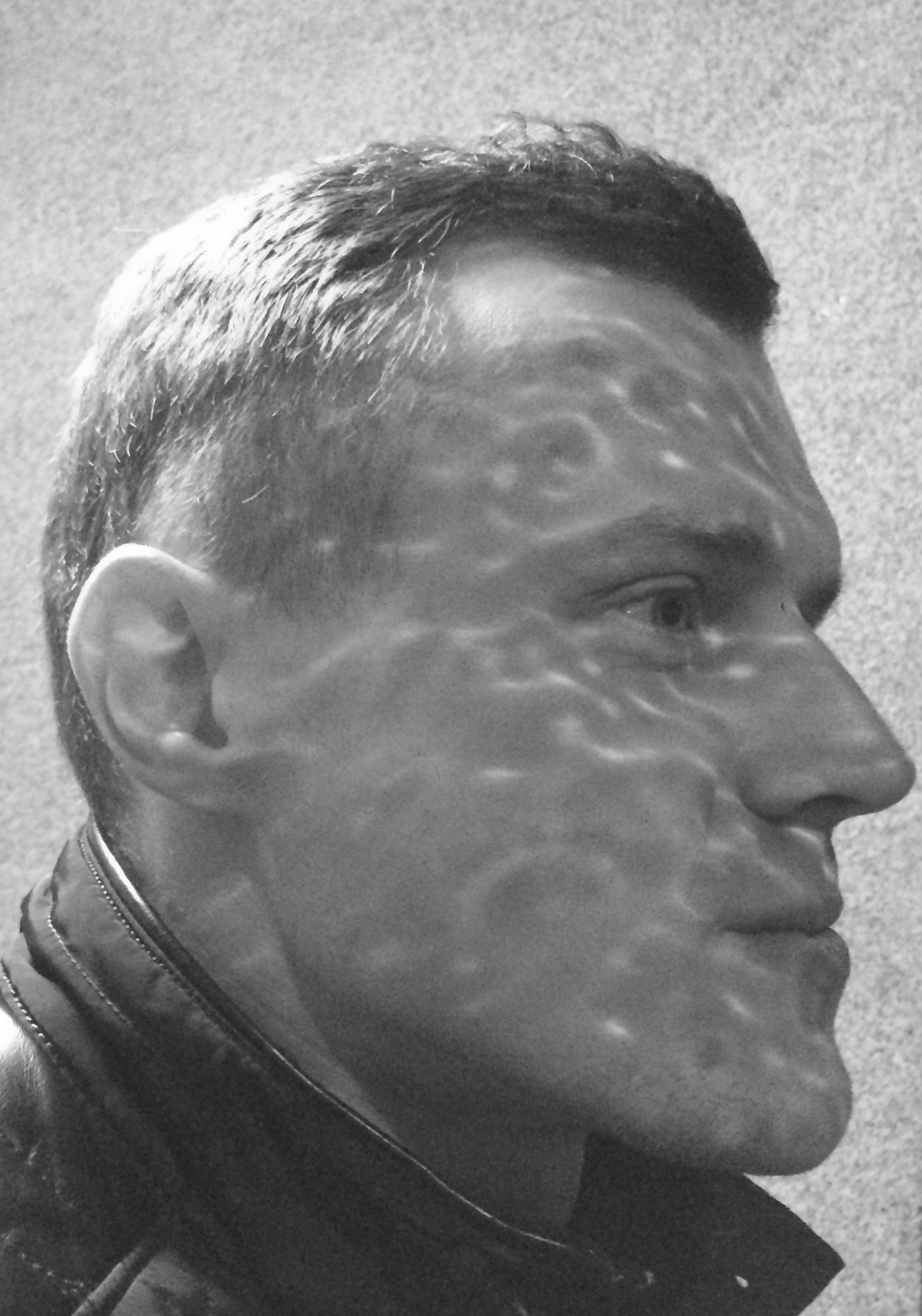


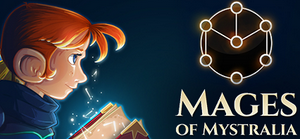



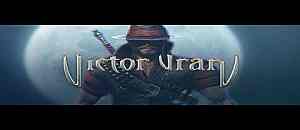
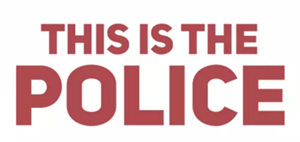
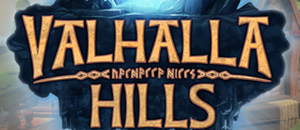
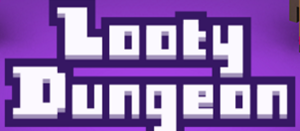
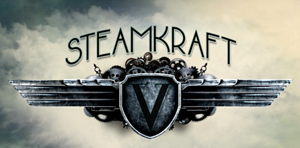
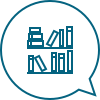 Why do you need a game localization style guide?
Why do you need a game localization style guide? How to check game localization quality for free?
How to check game localization quality for free?